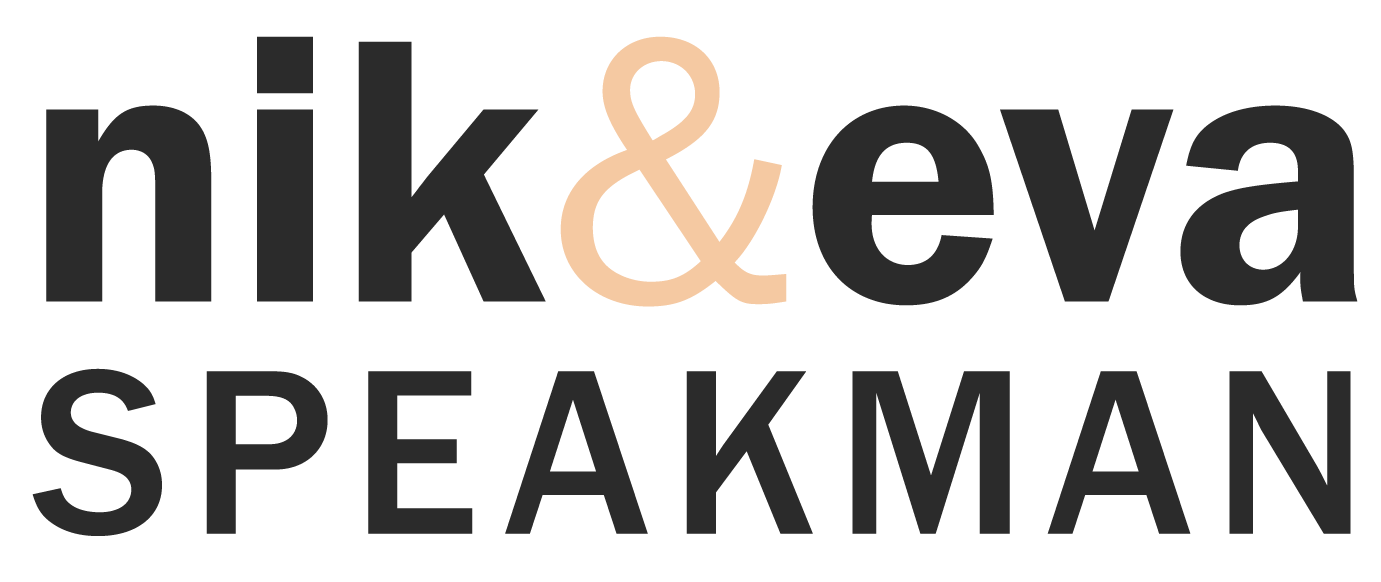An introduction to conquering anxiety
Stop worrying, beat stress and feel happy again
We are all masters of our own destiny. To recognise and understand that you are suffering from anxiety, you have moved closer towards the life you want and deserve – a life filled with inner peace and contentment.
On a daily basis, we work with people who are suffering from anxiety, anxiety disorders and panic attacks. It truly saddens us that for many people, dealing with anxiety can be such a daily struggle – many people we see develop a fear of the fact they will have to wake up and live with anxiety every day.
Anxiety is a symptom
Anxiety (and the feelings associated with anxiety) is not a cause, but a symptom. From working closely with our clients and seeing anxiety manifest itself in every possible way, we have come to understand that there is always a trigger, or several triggers that cause the negative symptoms associated with anxiety.
We believe that everyone is born free from anxiety. No one is destined to live a life consumed by anxiety. As a result, our life’s work has been (and will continue to focus on) alleviating anxiety, negativity and sadness. We help clients to locate, challenge and address the thoughts and events that have created their negative behavioural references. These are known as ‘schemas’. By doing this, it allows you to challenge and condition or change these behaviours. But first… Let’s go into more detail on what a schema is.
What is a schema?
‘Schema’ can sound rather academic, but it’s simply a term used in psychology:
A schema is a cognitive framework or concept that helps organise and interpret information. Schemas allow us to take shortcuts in interpreting the vast amount of information that is available in our environment.
Essentially, schemas are learnings that we acquire in our life. They can be both good and bad. If we have had a positive life, we will have an abundance of positive schemas, but if we have endured negative life events, then invariably we will have a plentiful supply of negative behavioural schemas.
These negative schemas are the culprits which cause low confidence, self-esteem and ultimately anxiety (and anxiety disorders) such as phobias, obsessive compulsive disorder (OCD), panic attacks and post-traumatic stress disorder (PTSD). Schemas are the basis of all opinions, thoughts and beliefs. Depending on the age at which they were created, they can often be inaccurate and nonsensical.

